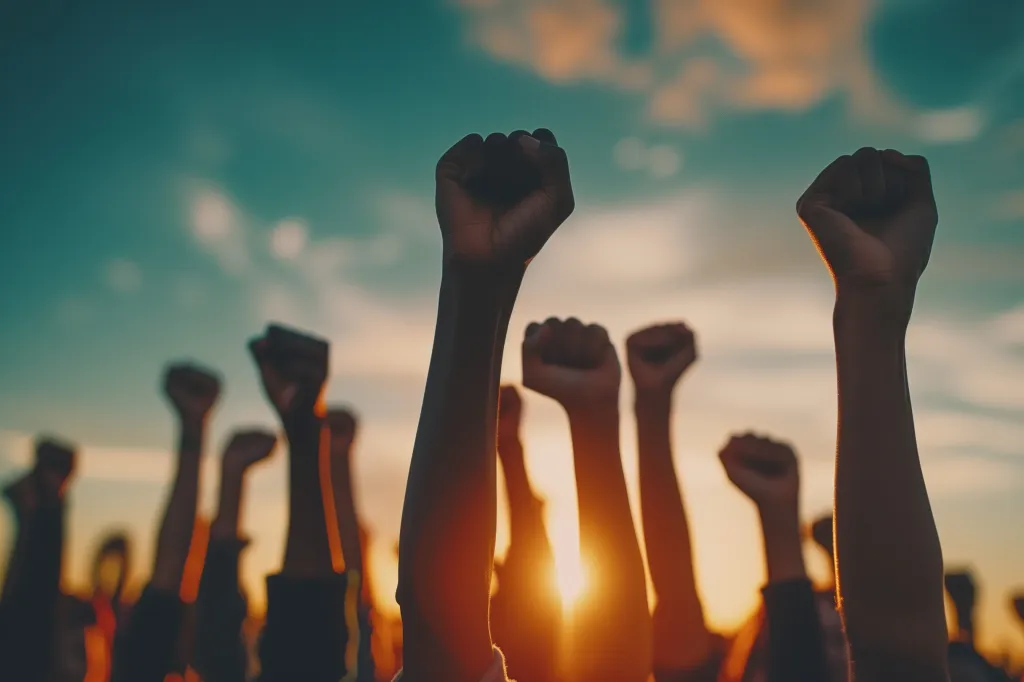As Juneteenth approaches, festivities across the United States spotlight food, music, and remembrance. This federal holiday, established in 2021, commemorates June 19, 1865—the day when Union troops enforced the Emancipation Proclamation in Galveston, Texas, marking the end of slavery in the U.S. In 2025, as discussions on racial justice continue, cannabis reform emerges as a significant aspect of liberation efforts.
The connection between cannabis and Black liberation runs deep. Historically, cannabis has been an integral part of Black culture, manifesting in music, healing, and resistance. Despite its cultural significance, Black communities have faced disproportionate criminalization related to cannabis use. According to a 2020 report by the ACLU, Black individuals are 3.64 times more likely to be arrested for cannabis possession than their white counterparts, despite similar usage rates.
With the ongoing legalization of cannabis across the country transforming it into a multi-billion-dollar industry, the question arises: who benefits? A 2022 Leafly report reveals that less than 2% of cannabis businesses are Black-owned. Many individuals previously incarcerated for cannabis-related offenses find themselves excluded from the burgeoning market due to complex licensing processes and persistent stigma.
However, progress is evident. Black entrepreneurs are increasingly establishing themselves within the cannabis industry, turning historical challenges into entrepreneurial success. Initiatives like The Equity Trade Network and Cannaclusive are actively promoting the growth of minority-owned cannabis brands. States such as Illinois and New York have implemented social equity measures to prioritize licensing for individuals from communities that have been most affected by the War on Drugs.
Beyond economic implications, cannabis plays a vital role in the cultural landscape of the Black community. It serves as a medium for healing and spirituality, often intertwined with music and community gatherings. Events where cannabis is shared are seen as communal rituals, and wellness circles increasingly include CBD for mental health support. Thus, cannabis is not merely a recreational substance; it represents a pathway to restoration.
This Juneteenth, it is essential to broaden the conversation around liberation to include plant medicine. How can communities heal from the lasting impacts of systemic oppression? How can freedom be redefined to encompass opportunities for wellness, economic participation, and self-determination? Cannabis holds promise in these discussions.
Let us use Juneteenth not only to honor the past but also to cultivate a future rich with reparative justice and inclusive economic opportunities. As we gather to celebrate, let’s remember that true liberation encompasses the right to live freely, heal openly, and thrive on our own terms.




